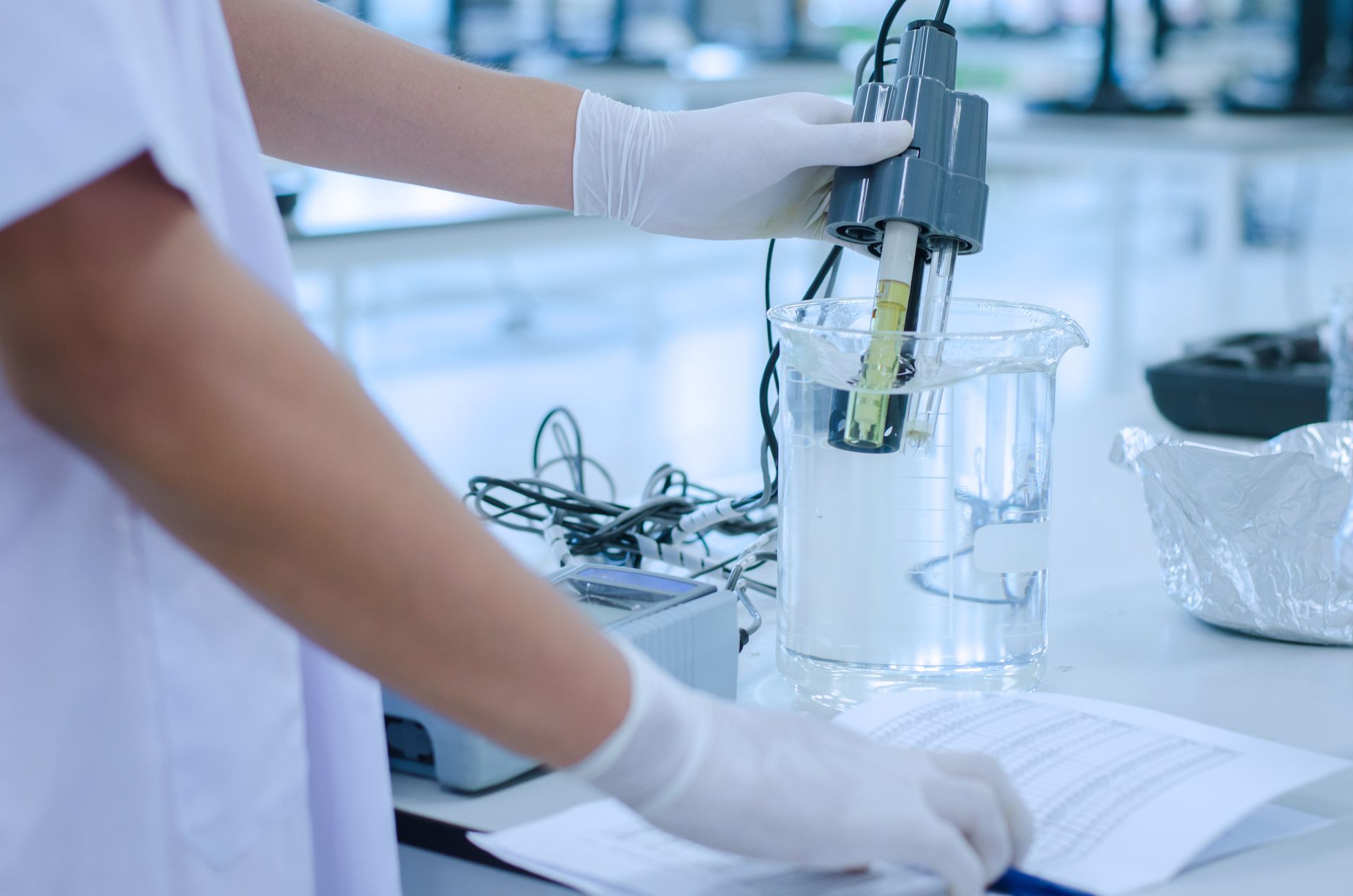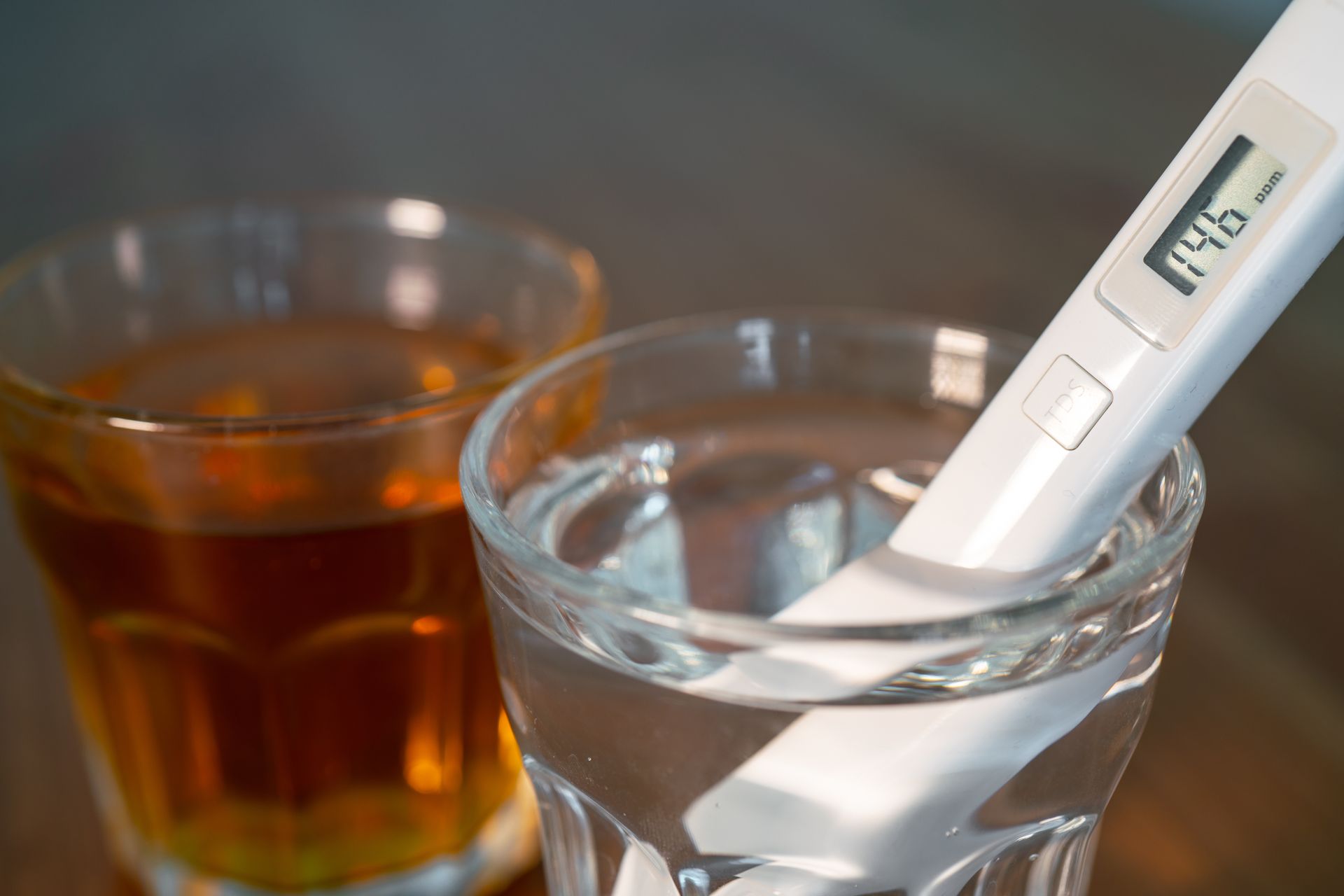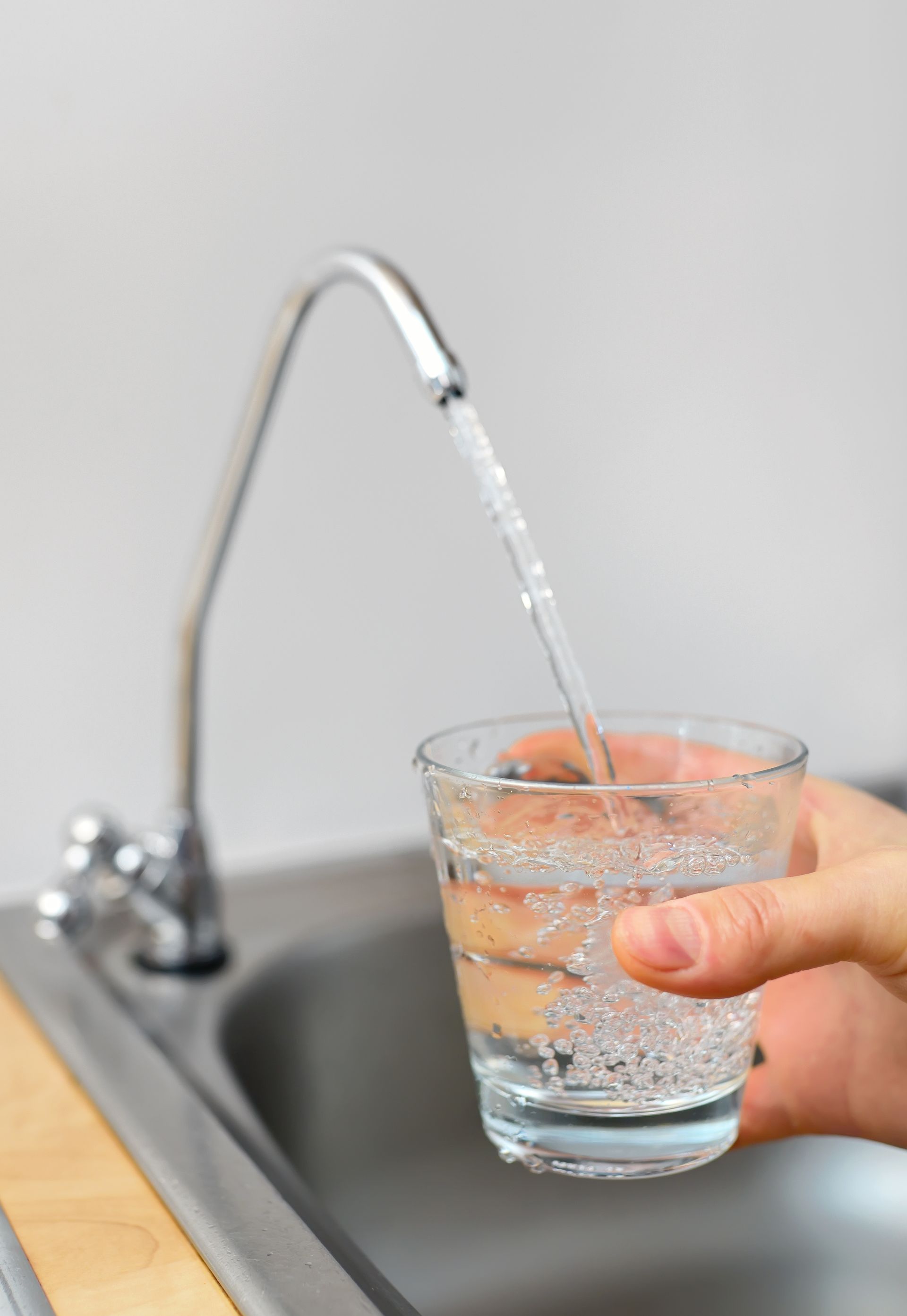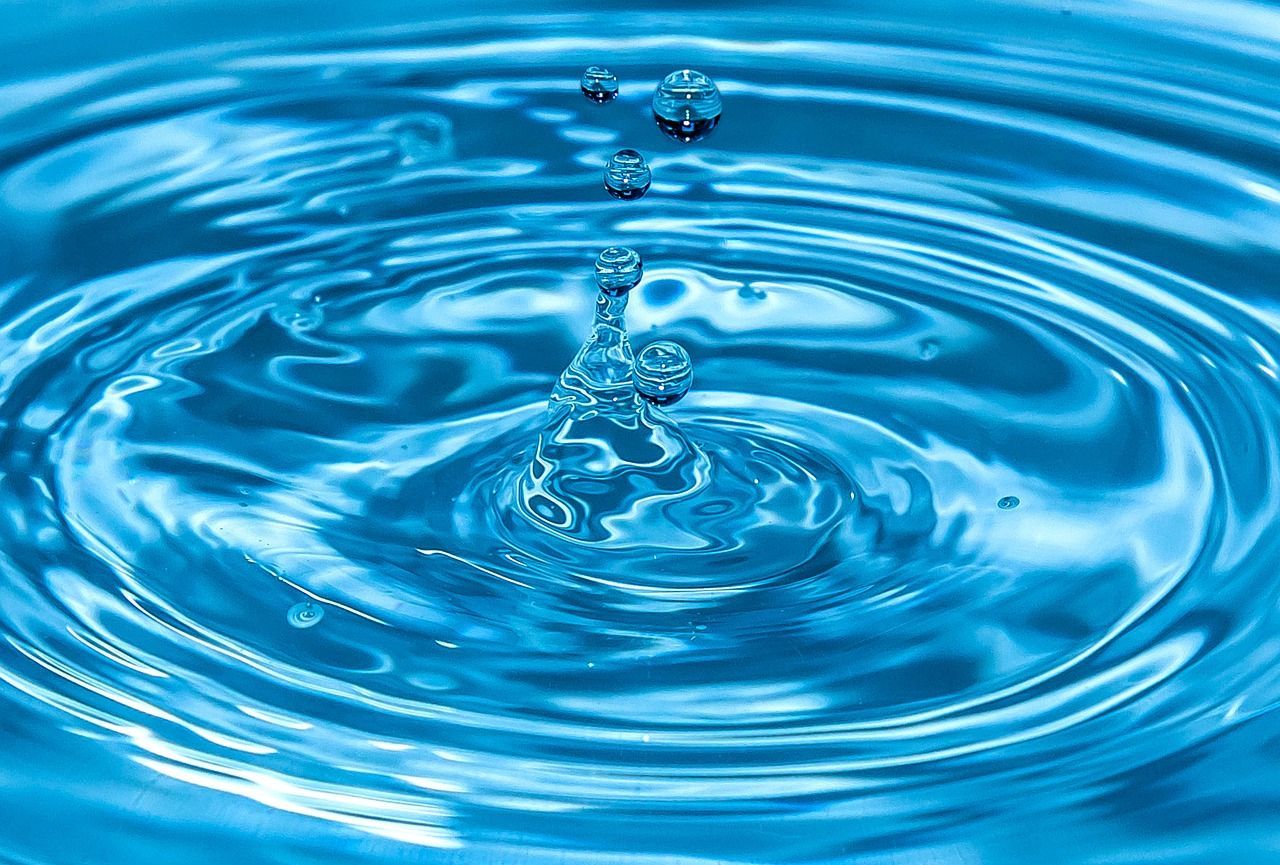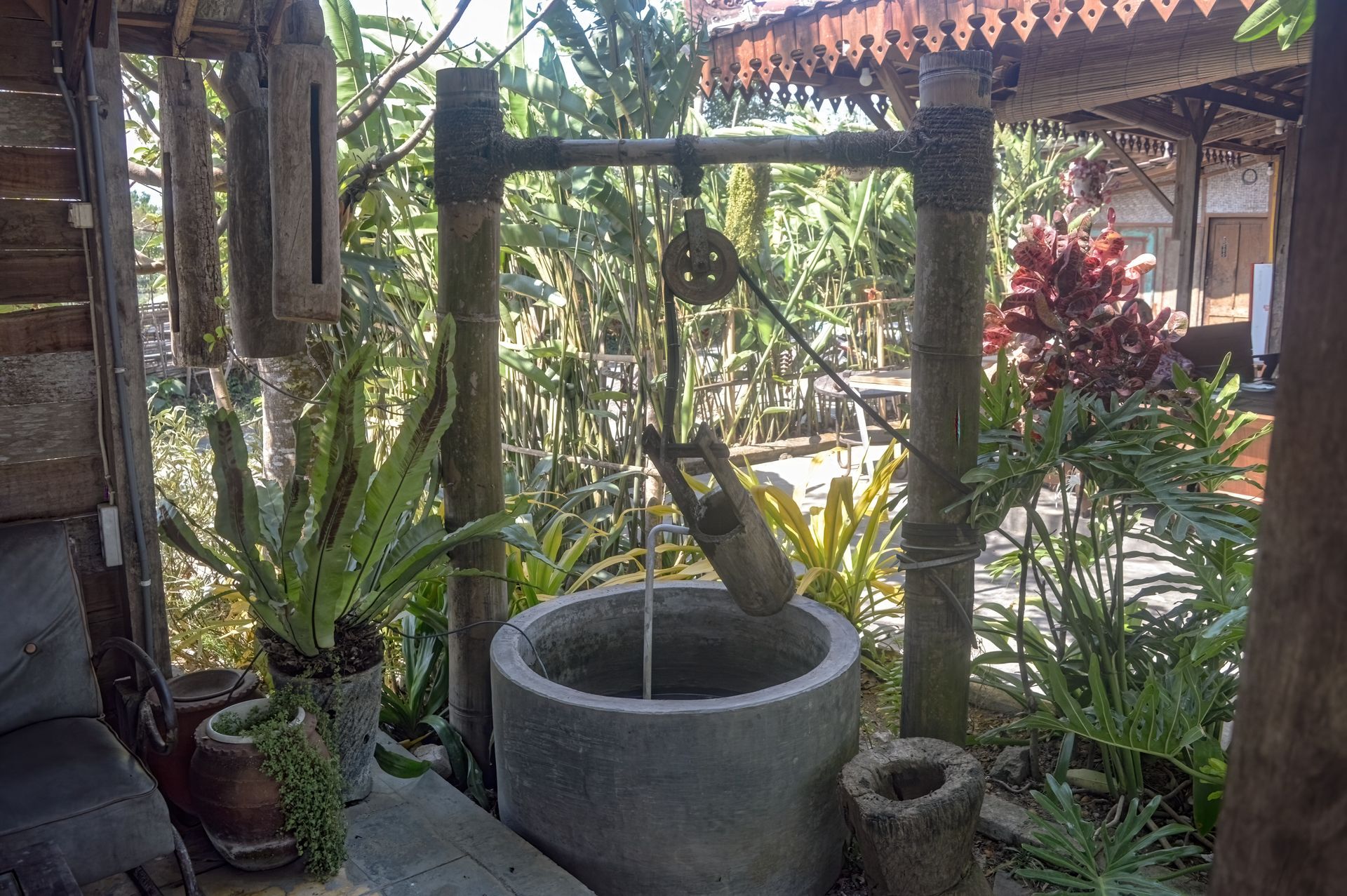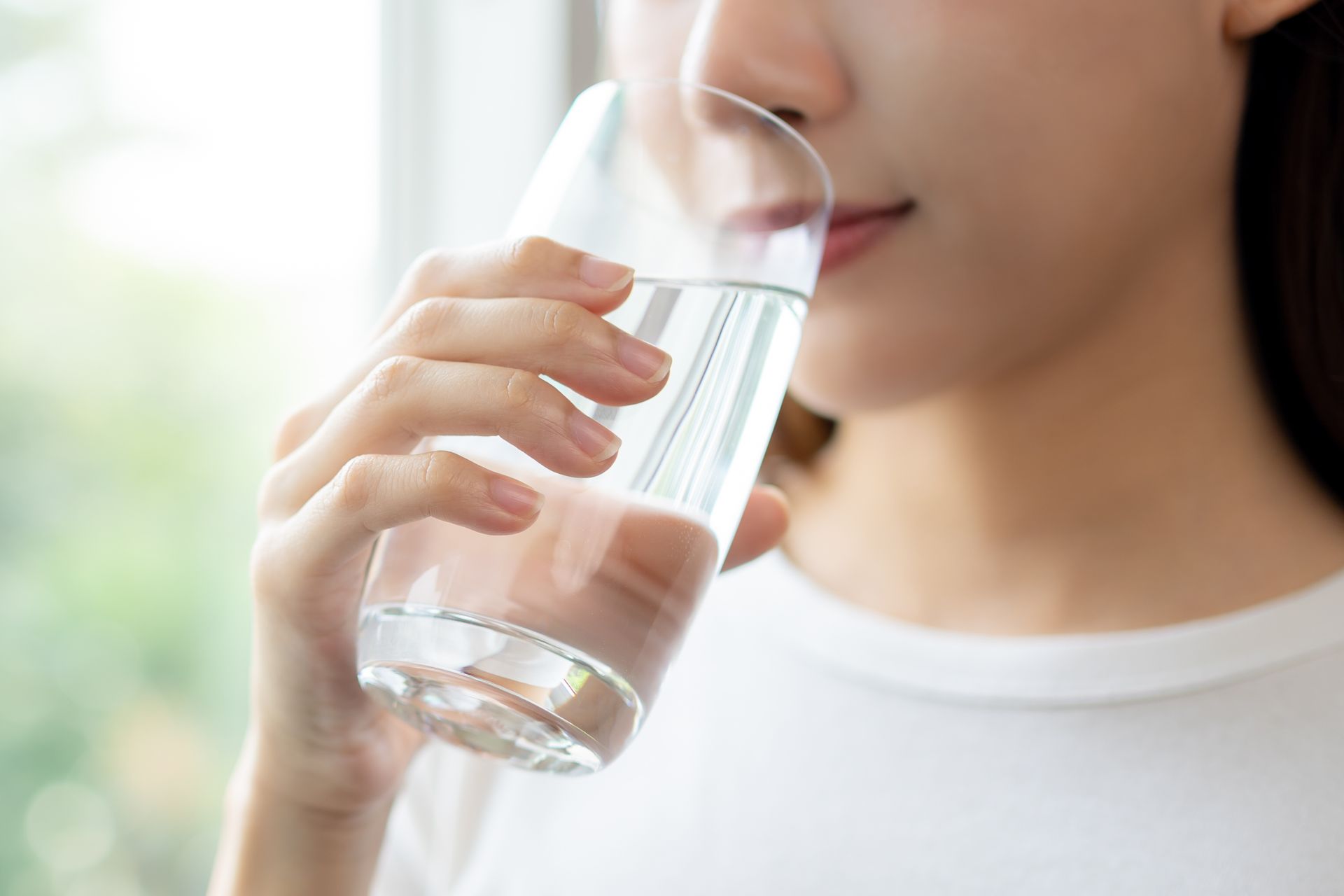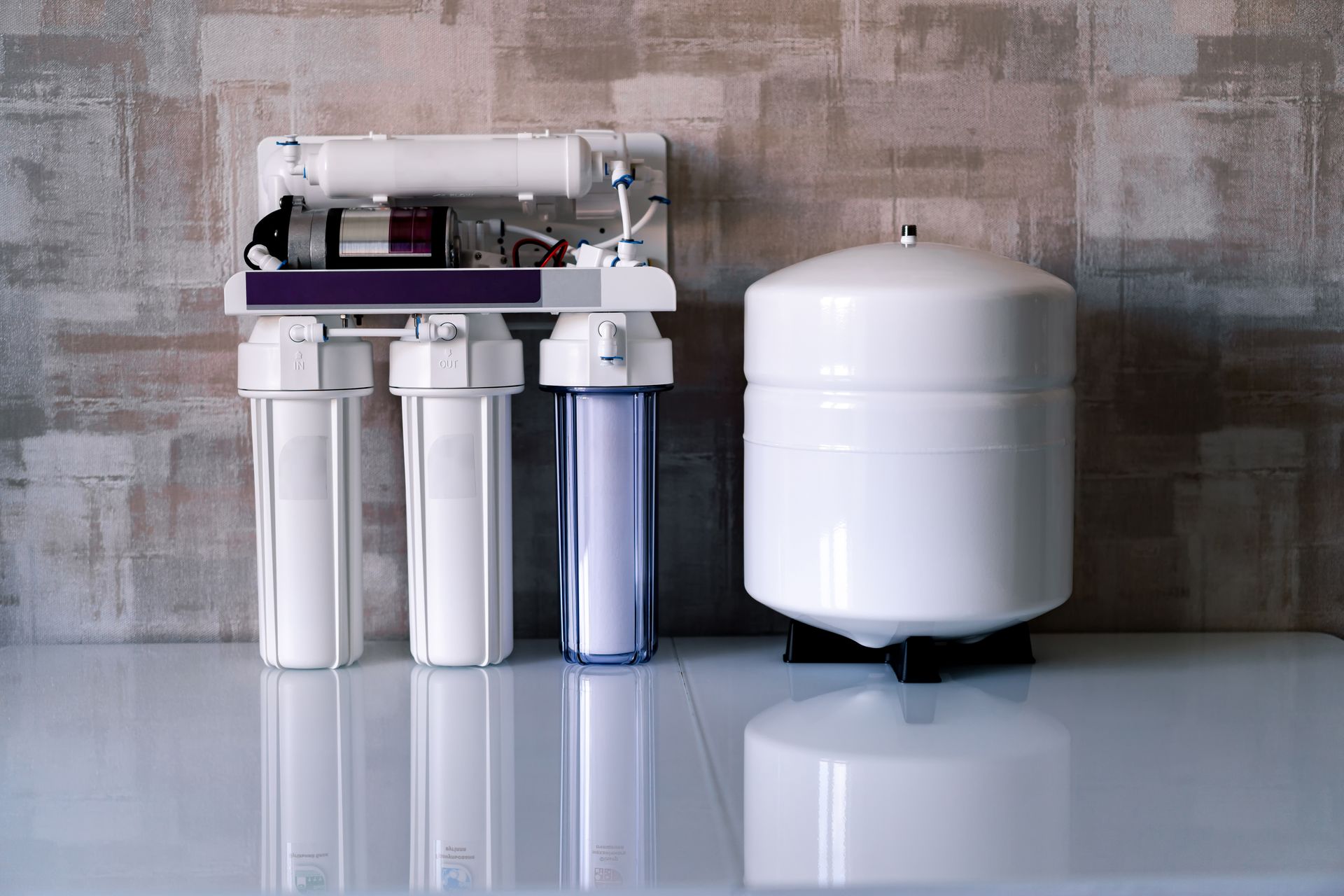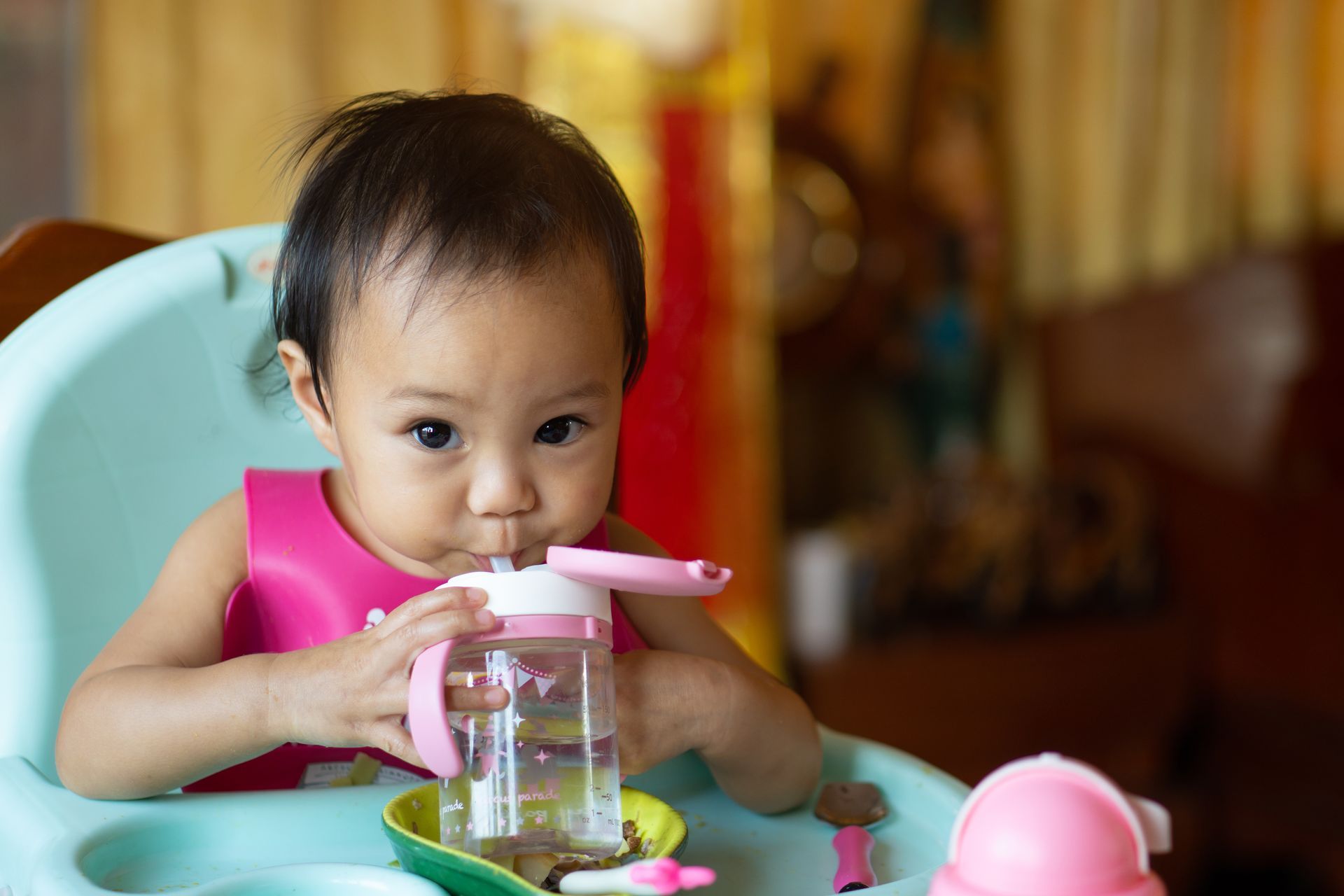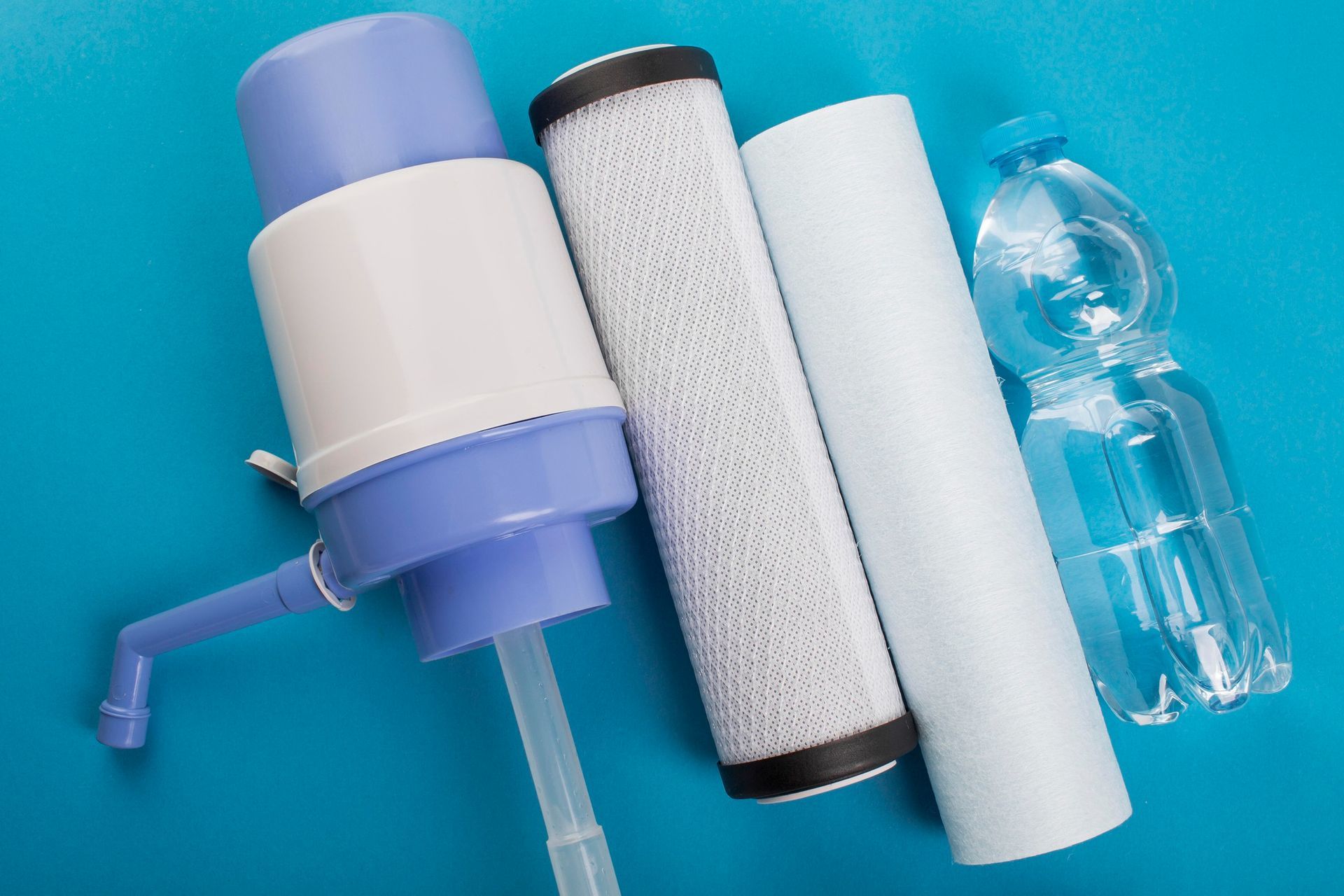Primary Solutions Consulting
What Happens When Water Quality Is Not Tested?
Clean and high-quality drinking water is essential for healthy living. Unfortunately, many places around the world do not have access to clean water or even test the water quality. This is a major health concern, as there can be serious consequences if the water is not tested. From the potential ingestion of hazardous chemicals to the transmission of bacteria and viruses, it’s critical that we always test our water to ensure the safety of our drinking water. In this blog post, we’ll explore the potential dangers and risks associated with not testing water quality.
What is Water Quality?
Water quality is a term that typically measures the degree to which water is safe for drinking, swimming, or other recreational activities. A few factors play a part in the overall quality of water such as the presence of chemicals and contaminants, the clarity of the water, its odor, and its temperature. Poor quality water can adversely affect human health, wildlife, and aquatic areas due to the presence of contaminants, not just the physical makeup of the water.
Indicators of Poor Water Quality
When water has a bad taste, smells, or has an obvious discoloration, it can be an indication of poor water quality. Inadequately treated wastewater and stormwater can contain organics, solids, microbes, and other potentially hazardous contaminants that can affect the water quality, specifically the dissolved oxygen levels. These low oxygen levels can cause fish kills due to the decrease in their ability to obtain oxygen from the water.
Contaminants like copper, arsenic, lead, nitrate, and bacteria are all source pollutants that can lead to water contamination. Sewage, runoff from agricultural land, and industrial effluents can also lead to water contamination, as can large quantities of certain minerals, nutrients, and metals such as iron and manganese.
What if Water Quality is Not Tested
Without testing the water quality, we may not be able to clearly identify the presence of contaminants or pollutants that can be detrimental to our health. These pollutants can come from a variety of sources, including agricultural runoff, leaky sewers, industrial runoff, animal waste, and household chemicals. The longer these pollutants remain in the water, the greater the potential health risks.
When toxins and contaminants are not identified quickly, it can lead to a variety of illnesses, such as gastrointestinal issues, skin infections, respiratory problems, and even long-term health conditions like cancer. Additionally, not testing water quality can lead to the transmission of bacterial and viral organisms, including parasites, Giardia, and E-coli. These organisms can cause severe gastric distress, especially for young children and the elderly.
Not Testing Can Lead to Water Shutdowns
In addition to the potential health concerns, not testing water quality can lead to water shutdowns in certain areas. When an area does not properly monitor water quality, it can lead to possible water contamination. If an area is contaminated with pesticides, heavy metals, or other contaminants, it can disrupt the water supply and cause a water shutdown. This can lead to an interruption of essential services, such as those that supply water to hospitals or food distribution centers.
Not Monitoring Can Lead to Algae Blooms
Failing to monitor and test water quality can also lead to the overgrowth of algae in certain bodies of water. When there are excess amounts of phosphorus and nitrogen in the water, it can trigger an algae bloom. This can be incredibly harmful to the environment and can damage the aquatic ecosystem. Algae blooms can also make the water unsafe for swimming and other activities.
Effects on Human Health
Traditional water quality treatments do not remove all of the contaminants from water and can lead to parasites, bacteria, and chemicals that can have severe health impacts. If the water is not inspected and tested, individuals are unaware of the quality of their water and may consume it without knowing its potential effects.
Individuals consuming contaminated water are more prone to gastrointestinal issues, infections, and even neurological disorders, as lead is one type of contaminant that has detrimental effects on human health. Other chemicals found in water, including nitrates and arsenic, can also lead to severe illnesses. High nitrate levels pose serious problems for infants as it can lead to a condition known as Blue Baby Syndrome. This is a potentially deadly condition that can interfere with a baby's ability to absorb oxygen and cause abnormally low levels of oxygen in their hemoglobin.
Water quality testing is an essential part of maintaining safe drinking water and protecting human health and the environment. Without testing, we are left with significant health risks and potential damage to the environment. Fortunately, water testing services exist to help homeowners, businesses, and municipalities identify potential risks and protect our water from contamination.
At
Primary Solutions Consulting, we provide water testing services in Cypress, TX, and the surrounding areas. Our friendly and knowledgeable team will work with you to identify and address water contamination concerns. Contact us today at
(832) 788-9938 and experience the friendly and educational water testing experience.

